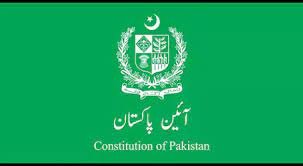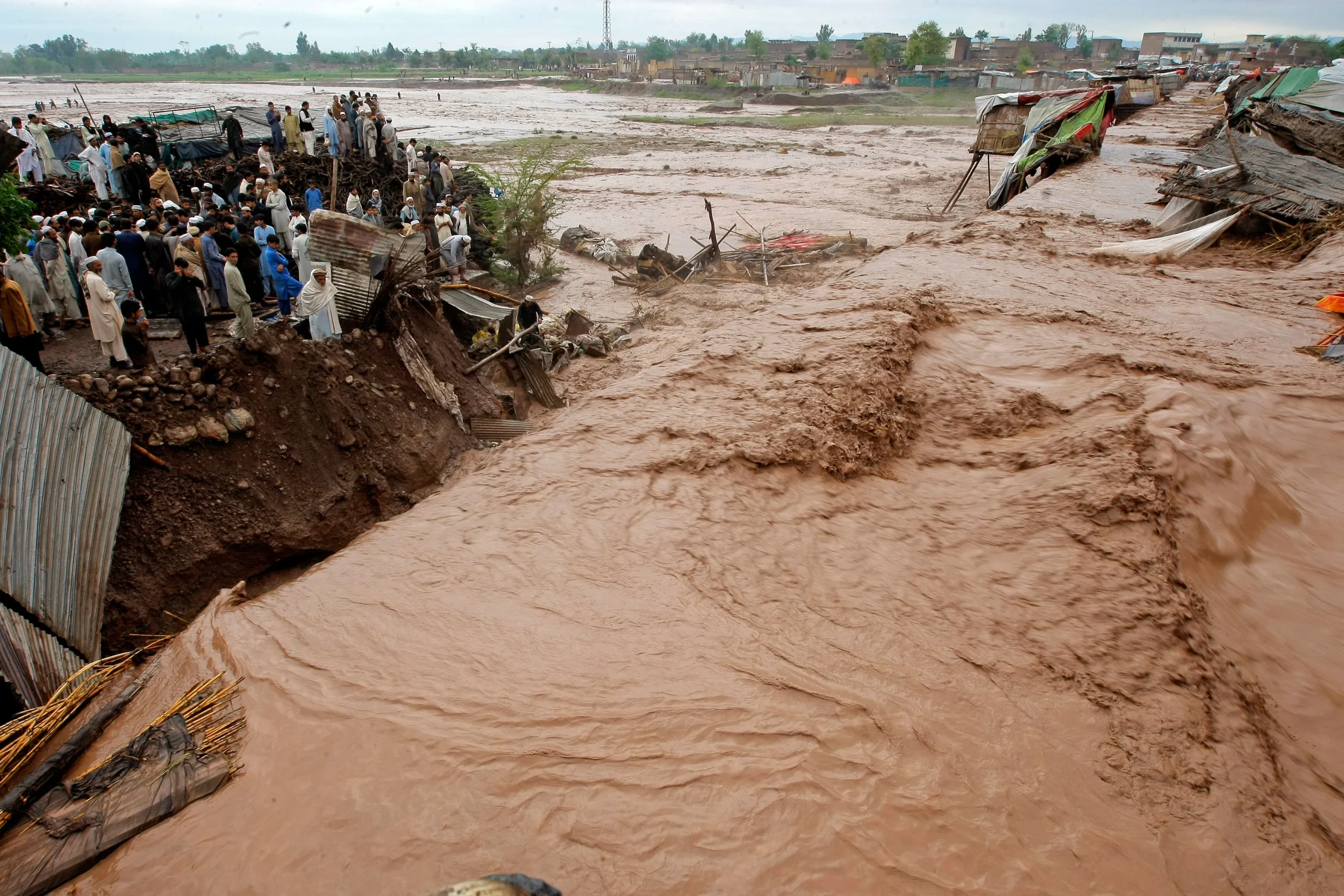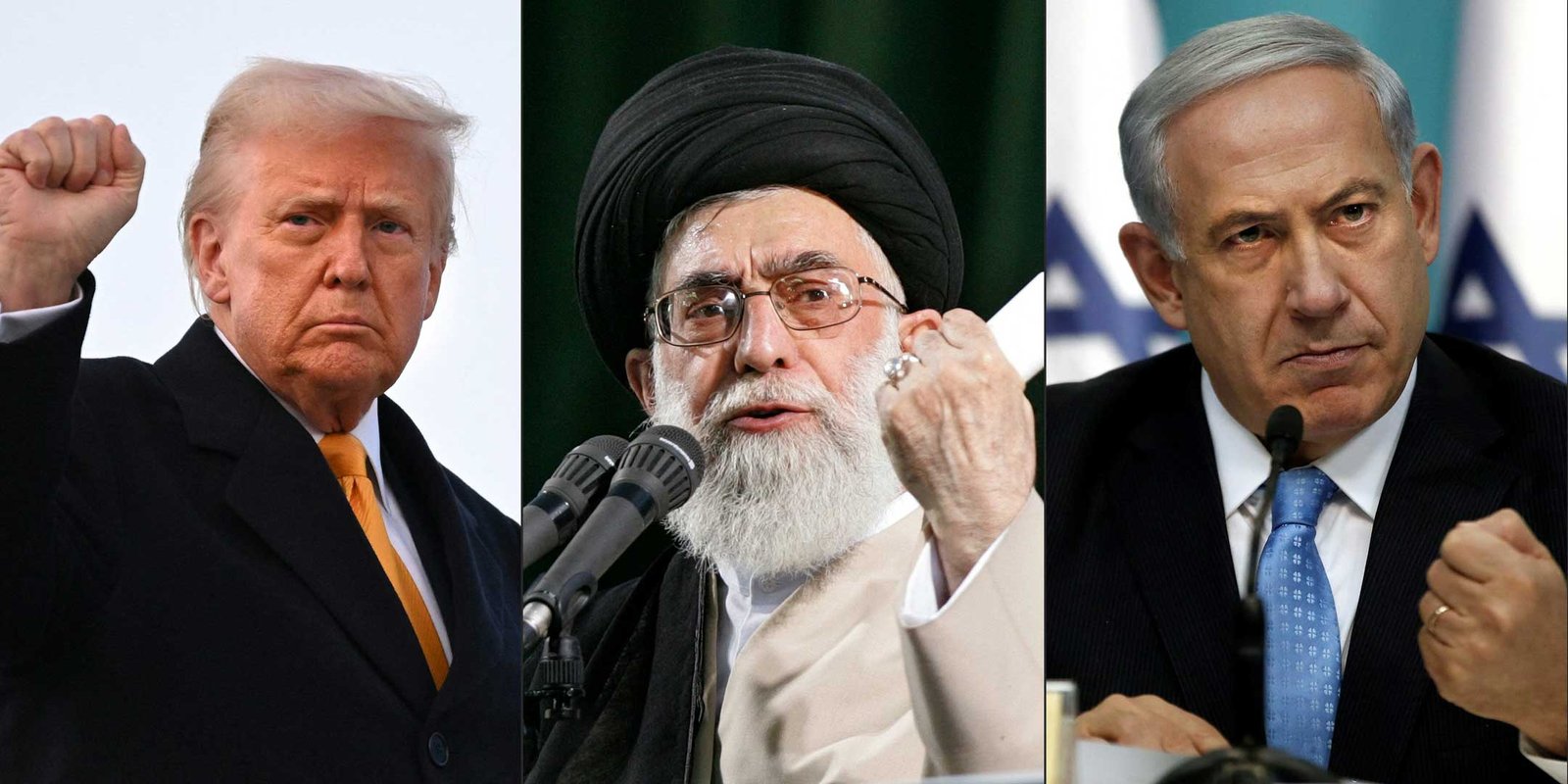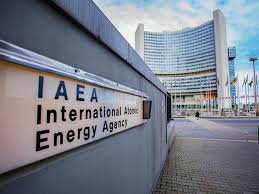Editorial
The International Day for Universal Access to Information (IDUAI) is a global observance that aims to promote and protect the right of every person to seek, receive and impart information. This right is essential for democracy, development, and human dignity. The United Nations General Assembly proclaimed 28 September as IDUAI in 2019, following the adoption of a resolution by UNESCO in 2015.
The significance of IDUAI is especially relevant for Pakistan, where access to information is often restricted or denied by public authorities. Pakistan has a constitutional right to information under Article 19-A, which was introduced by the 18th Amendment in 2010. However, the implementation of this right is hampered by weak and outdated laws, lack of awareness and capacity, bureaucratic resistance, and security challenges.
Pakistan has four federal and provincial laws on access to information: The Right of Access to Information Act, 2017; the Punjab Transparency and Right to Information Act, 2013; the Khyber Pakhtunkhwa Right to Information Act, 2013; and the Sindh Transparency and Right to Information Act 2016. These laws vary in their scope, standards, and mechanisms, but none of them comply with the international best practices on access to information. According to the RTI Rating, a global index of access to information laws by the Centre for Law and Democracy, Pakistan ranks 97th out of 128 countries with a score of 72 out of 150.
Please, subscribe to the website of republicpolicy.com
Some of the major shortcomings of the existing laws in Pakistan are that they do not cover all public bodies and exclude some important categories, such as the judiciary, the intelligence agencies, and the armed forces; they do not provide clear and reasonable grounds for withholding information and allow for broad and vague exemptions; they do not establish independent and effective oversight bodies to monitor and enforce compliance; they do not impose sanctions for non-compliance or obstruction; they do not mandate proactive disclosure of information by public bodies; they do not ensure easy and affordable access to information for all citizens; and they do not protect whistleblowers and journalists who expose corruption or wrongdoing.
Therefore, there is an urgent need for Pakistan to reform its access to information laws and practices in order to realize the constitutional rights of its citizens and fulfil its international obligations. IDUAI provides an opportunity for Pakistan to raise awareness about the importance and benefits of access to information, engage in dialogue and consultation with all stakeholders, learn from the experiences and best practices of other countries, and adopt a comprehensive and harmonized legal framework that meets the international standards on access to information. By doing so, Pakistan can enhance its transparency, accountability, participation, and development outcomes, as well as protect and promote the human rights of its people.
Subscribe to the monthly magazines of republicpolicy.com

















